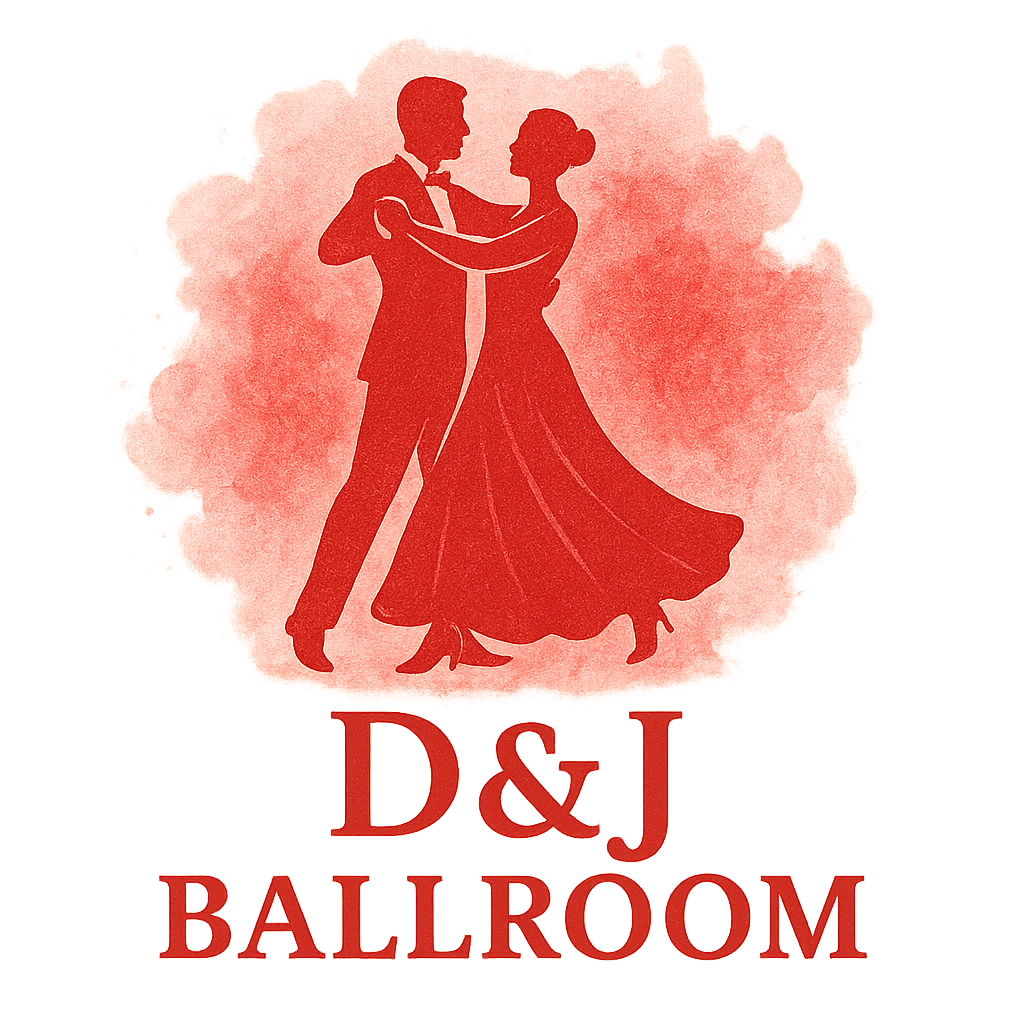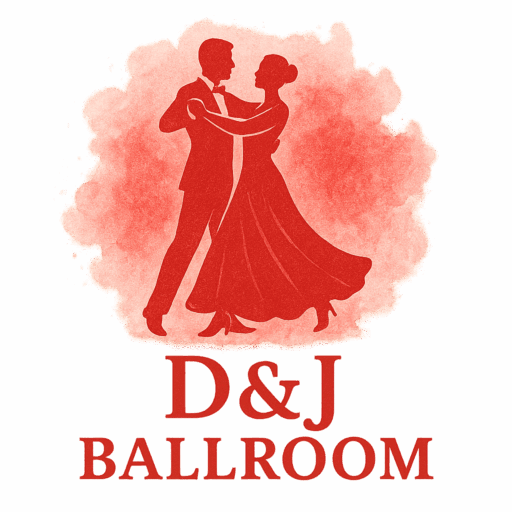Introduction: Why Quick Ballroom Technique Drills Matter
Think you need endless studio hours to improve? Not true. With just 15 minutes of focused ballroom technique drills, you can refine posture, musicality, and partner connection. These short sessions are like micro-workouts: small but powerful.
If you’re new to ballroom, start with the history and culture of ballroom dancing to understand where the elegance comes from—then dive into technique.
The Benefits of Short, Consistent Ballroom Drills
How Daily 15-Minute Sessions Outperform Occasional Marathons
Practicing every day—even for a short time—locks muscle memory faster than long but inconsistent rehearsals.
What You’ll Gain—Posture, Rhythm, Confidence
These drills sharpen posture, strengthen your core, and improve rhythm. That’s why competitive dancers integrate them into their training routines.

Getting Ready: Space, Warm-Up & Posture
Choosing Your Practice Space
You don’t need a ballroom—just enough room to extend arms without hitting furniture.
Warm-Up & Posture Check
A two-minute stretch plus spine alignment works wonders. For deeper tips, explore ballroom posture drills designed to keep you upright and elegant.
10 Quick Ballroom Technique Drills You Can Do in 15 Minutes
1. Posture Reset Drill
Posture is everything. Stand tall, shoulders relaxed, core engaged. Imagine a string lifting your head.
👉 Learn why posture defines grace in the ballroom frame and technique guide.
2. Frame Stability Drill
Hold your arms in dance position for 30 seconds, then step side-to-side without losing shape.
This improves your partner connection—essential in ballroom competitions.
3. Core Engagement Drill
Step forward and backward with core engaged. This builds balance and stability for waltz and tango alike.
4. Arm Extension Drill
Move arms in arcs gracefully—no stiff elbows. This adds elegance, enhancing your ballroom presentation and fashion.
5. Head Position Drill
Shift your head without disturbing your frame. A subtle detail that elevates performance, especially in competitive ballroom dance.
6. Weight Transfer Drill
Practice stepping with full weight commitment heel-to-toe. This simple drill makes transitions smoother across all ballroom dance styles.
7. Rise and Fall Drill (Waltz Focus)
Simulate the flowing rise and fall with controlled knee bends. It’s the heartbeat of waltz technique.
8. Hip Action Drill (Latin Focus)
Shift hips naturally as you move side to side. A must for Latin ballroom dances like Cha-Cha and Rumba.
9. Spot Turn Drill
Plant one foot, rotate smoothly, and spot with your eyes. It builds sharpness for Latin and Standard ballroom events.
10. Musicality Drill
Step or clap to the beat, then dance in rhythm. Judges value timing as much as technique—see why in ballroom culture.
How to Maximize Your 15 Minutes
- Stay consistent—daily practice matters more than perfection.
- Record yourself—video feedback speeds up correction.
- Level up gradually—add speed, syncopations, or styling over time.
More practice hacks here: ballroom training tips.
Common Mistakes to Avoid
- Rushing drills without intention.
- Forgetting posture.
- Holding your breath instead of moving naturally.
Want more insights? Check ballroom technique corrections.
Why These Drills Work for All Dancers
- Beginners → build confidence with foundational skills.
- Intermediate dancers → refine posture, balance, and rhythm.
- Advanced performers → keep technique sharp before shows or competitions.
Conclusion
You don’t need hours in a studio to grow as a dancer—just 15 minutes of ballroom technique drills. Each exercise strengthens posture, rhythm, and artistry, whether you’re prepping for social dancing or the spotlight of ballroom events.
Next time you’ve got a spare 15 minutes, don’t scroll—dance.
FAQs
- Can I improve with just 15 minutes a day?
Yes! Consistency beats long but rare practice sessions. - Do I need a partner?
Most drills are solo-friendly. Partner work comes later. - Which drills help beginners most?
Start with posture and weight transfer. They’re the foundation of all ballroom dance styles. - Are these useful for both Latin and Standard?
Absolutely. Some drills target Latin technique, others Standard movements. - Should I warm up before drills?
Yes. Warm-ups reduce risk of injury—see ballroom training routines. - Can these help me in competitions?
Definitely—judges reward clean technique, posture, and rhythm. - Where can I learn more advanced drills?
Visit the Ballroom Drills section for deeper practice methods.

Welcome to the D&j Ballroom

